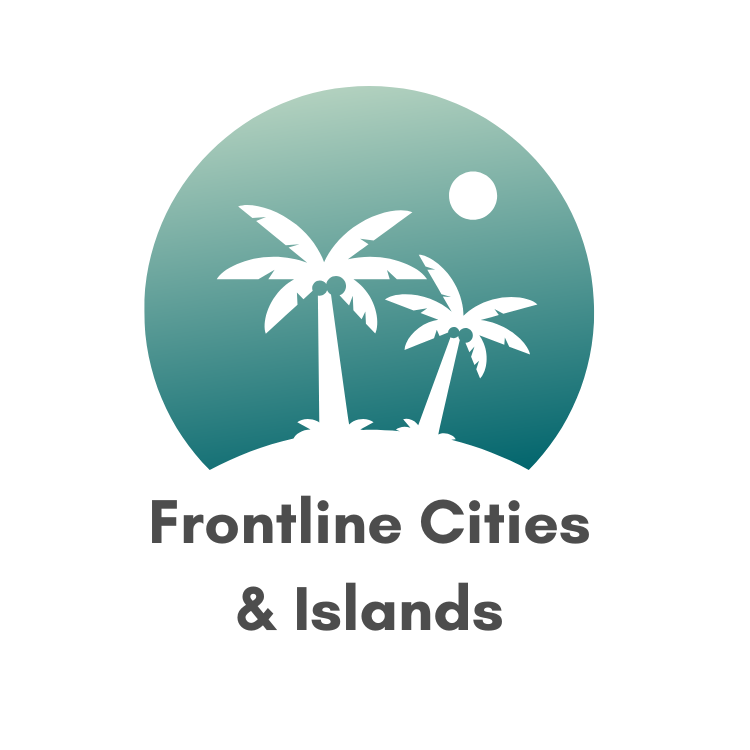Pacific Cities & Islands
ICLEI Oceania region includes 29 Pacific nations:
American Samoa, Ashmore and Cartier Islands, Australia, Christmas Island, Cocos (Keeling) Islands, Cook Islands, Coral Sea Islands, Fiji, French Polynesia, Guam, Kiribati, Marshall Islands, Federates States of Micronesia, Nauru, New Caledonia, New Zealand, Niue, Norfolk Island, Northern Mariana Islands, Palau, Papua New Guinea, Samoa, Solomon Islands, Tokelau, Tonga, Tuvalu, Vanuatu, Wake Island, Wallis and Futuna.
While Australia and New Zealand are technically islands, this initiative focuses on the 27 smaller Pacific Island Nations. ICLEI Oceania has been working with island communities since early 2015 – connecting political leaders into international networks and events and conducting planning workshops for their leaders, managers, staff and community members.
The towns and cities of small island and archipelago-based nations are often overlooked by international urban resilience policies and programs due to the small populations involved. However, these cities and towns are some of the most vulnerable, diverse, and rapidly growing urban centres anywhere in the world, acting as crucial gateways to sustainable development for the citizens of small island developing states.
Even though an average of more than half of their populations reside in urban environments, and a third of all small island nations are dependent on a single primary city, urban resilience and sustainable urban development in small islands have largely been overlooked by international agencies. Emphasis has instead been placed on either national level initiatives, or local, non-urban settings. As a result, institutional capacity in urban planning and governance is often weak, with infrastructure ‘deficits’ being present in many cities, compounding issues related to urban growth and disaster recovery.
